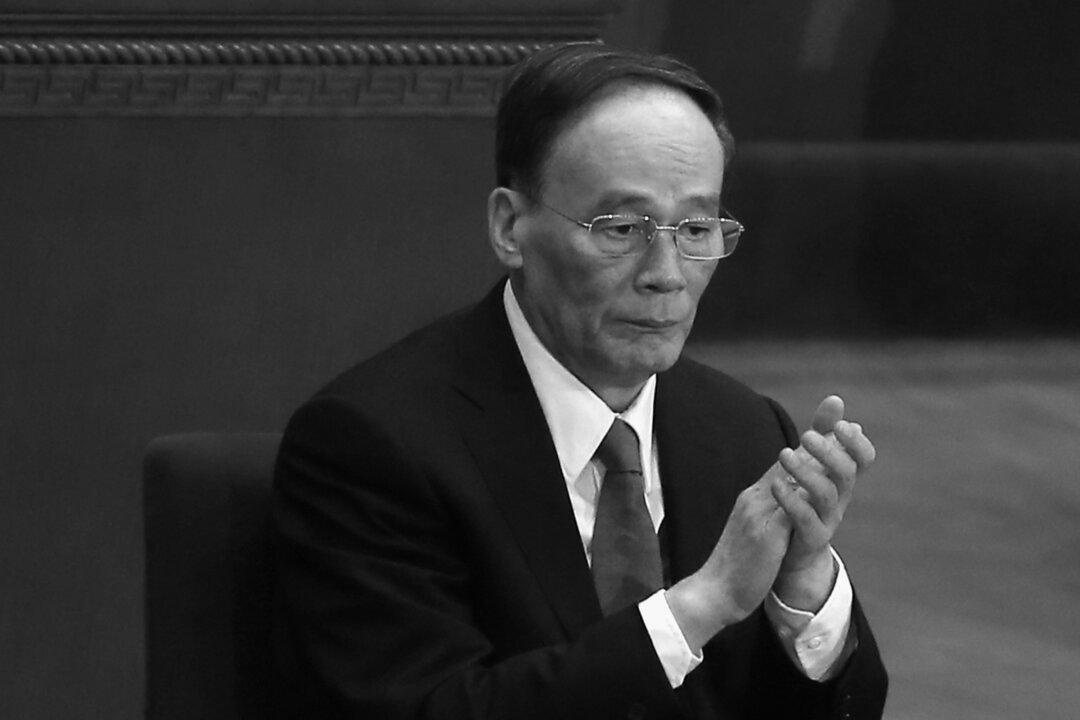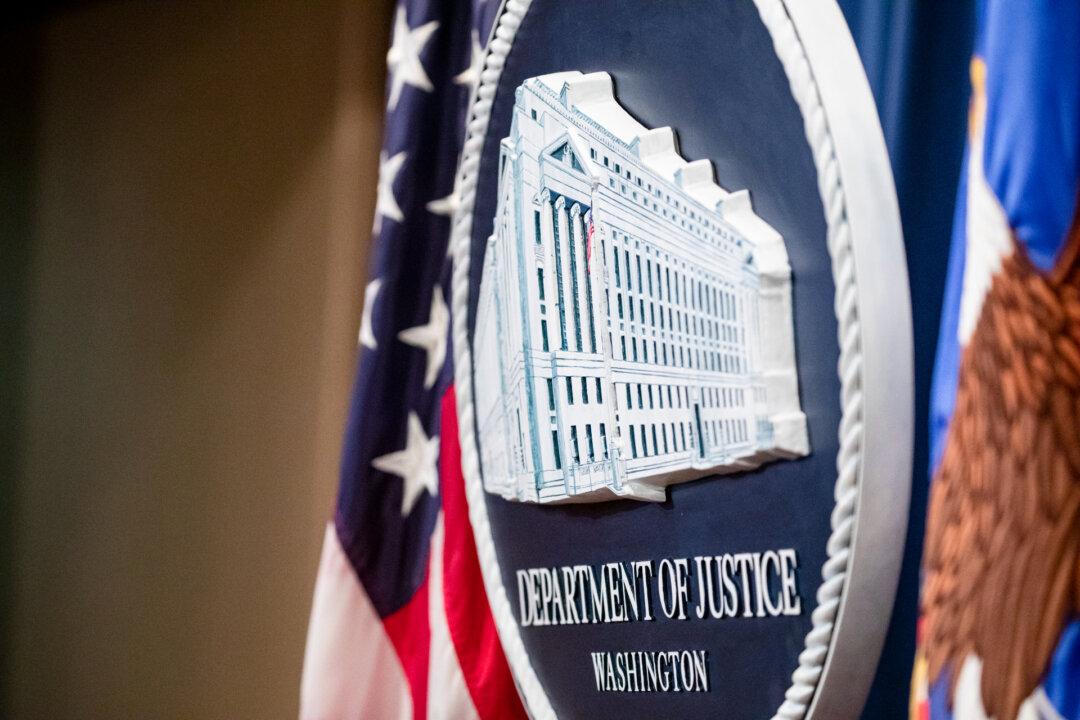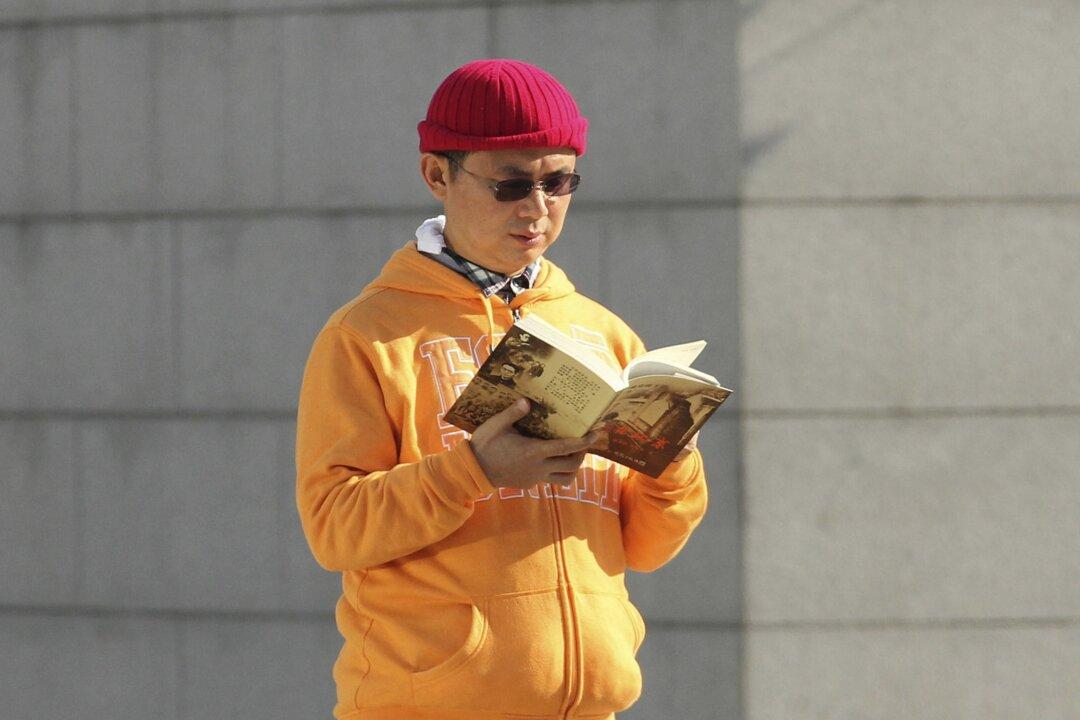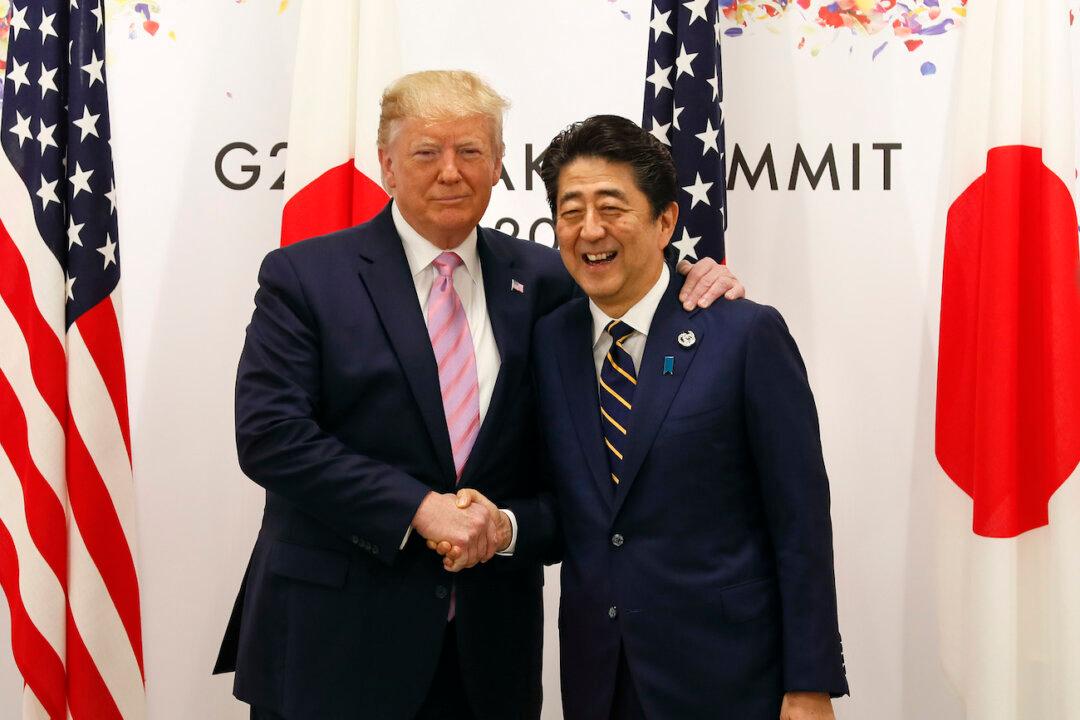Dong Hong, who served China’s vice chairman Wang Qishan as a trusted aide, was placed under investigation, and purged from the Chinese Communist Party (CCP) on the rare charges of “disloyalty and dishonesty to the Party,” among others, according to a notice issued by the CCP’s top anti-graft watchdog on April 12.
The case of Dong is noteworthy because of the years he maintained a close personal relationship with Wang, who staged a nationwide anti-corruption campaign across China to cement Xi Jinping’s rule during the early years of his tenure since 2012. Wang earned himself a reputation as the anti-corruption Czar for his iron will.





